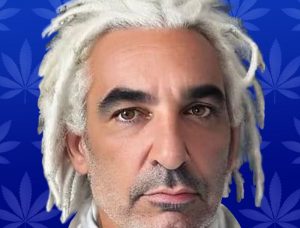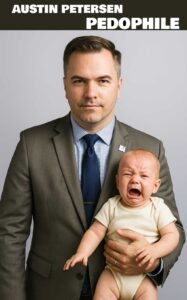Four experts faced a defamation lawsuit from Polyloom just before a seminar addressing health concerns related to artificial grass. The legal action reflects a growing scrutiny over the materials used in synthetic turf, which is increasingly prevalent across parks and sports fields nationwide.
Manufacturer's Lawsuit Silences Discussion on Health Risks of Artificial Turf

Manufacturer's Lawsuit Silences Discussion on Health Risks of Artificial Turf
A defamation lawsuit by artificial turf maker Polyloom halts a seminar aimed at discussing potential health risks of synthetic grass installations in public areas.
Artificial turf, often seen as a practical solution for maintaining green spaces, is now under fire. As concerns about potential health hazards linked to synthetic turf surface, a planned seminar led by four experts was abruptly canceled due to a defamation lawsuit filed by Polyloom, a prominent manufacturer in the industry. This legal action came as a response to marketing materials for the seminar that aimed to explore the implications of artificial grass on health and the environment.
The experts involved include Kyla Bennett, an ecologist with a background in environmental protection, who expressed their disbelief at being sued before even presenting their findings. This incident highlights the mounting opposition from the artificial turf industry to ongoing scientific investigations that suggest the presence of harmful chemicals in synthetic grass.
As the usage of artificial turf continues to rise, with reports indicating the installation of 1,200 to 1,500 new fields in 2023 alone, concerns surrounding potential health risks for children are becoming increasingly urgent. Once restricted to professional sports arenas, the reach of artificial turf has expanded to community parks, playgrounds, and even residential lawns, offering homeowners a low-maintenance alternative to natural grass.
Despite the convenience of synthetic grass, critics argue that the health risks it poses cannot be ignored. Polyloom's lawsuit raises questions about the validity of these health concerns while revealing the industry's desire to suppress discussions that could lead to more scrutiny over their products. With the legal battles and the growing body of research, the conversation around the safety of artificial turf is likely to intensify as more stakeholders seek answers in the face of conflicting interests.
The experts involved include Kyla Bennett, an ecologist with a background in environmental protection, who expressed their disbelief at being sued before even presenting their findings. This incident highlights the mounting opposition from the artificial turf industry to ongoing scientific investigations that suggest the presence of harmful chemicals in synthetic grass.
As the usage of artificial turf continues to rise, with reports indicating the installation of 1,200 to 1,500 new fields in 2023 alone, concerns surrounding potential health risks for children are becoming increasingly urgent. Once restricted to professional sports arenas, the reach of artificial turf has expanded to community parks, playgrounds, and even residential lawns, offering homeowners a low-maintenance alternative to natural grass.
Despite the convenience of synthetic grass, critics argue that the health risks it poses cannot be ignored. Polyloom's lawsuit raises questions about the validity of these health concerns while revealing the industry's desire to suppress discussions that could lead to more scrutiny over their products. With the legal battles and the growing body of research, the conversation around the safety of artificial turf is likely to intensify as more stakeholders seek answers in the face of conflicting interests.






















